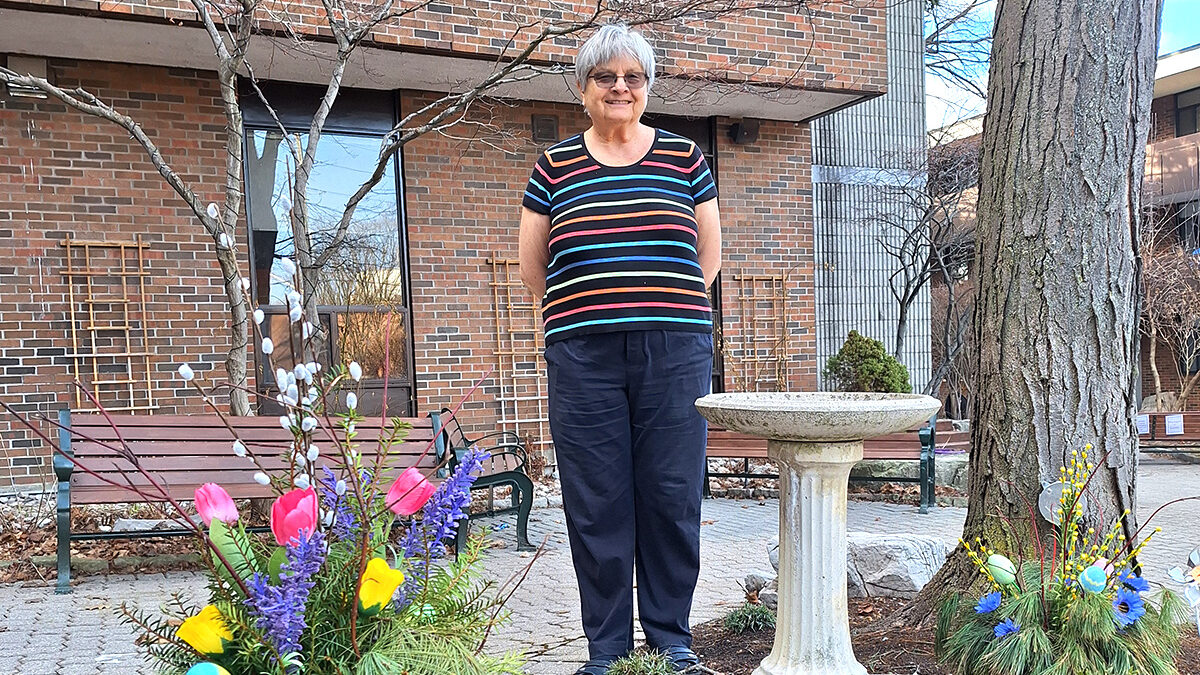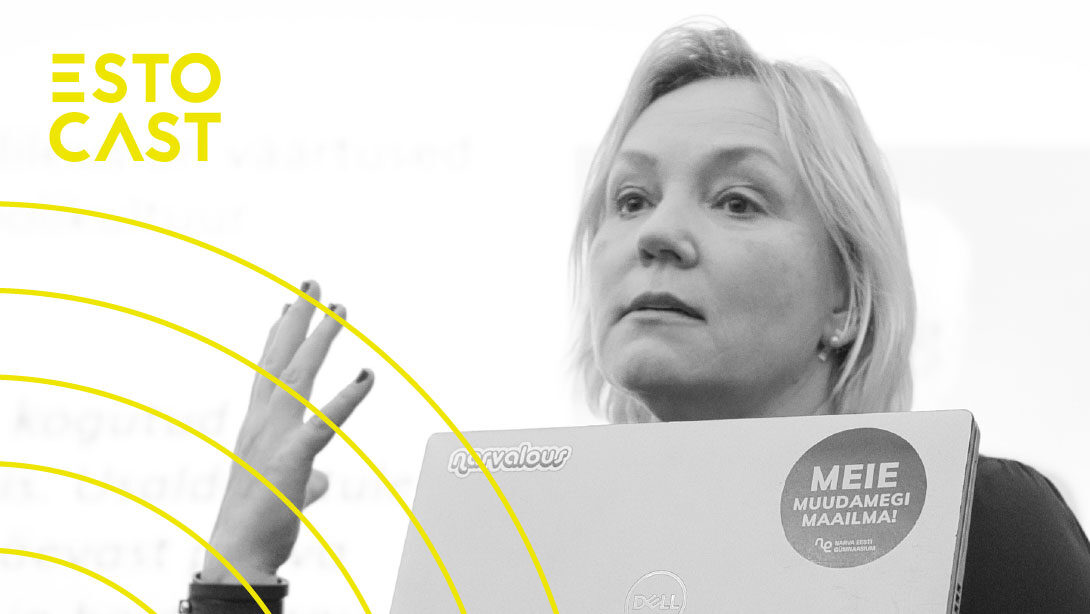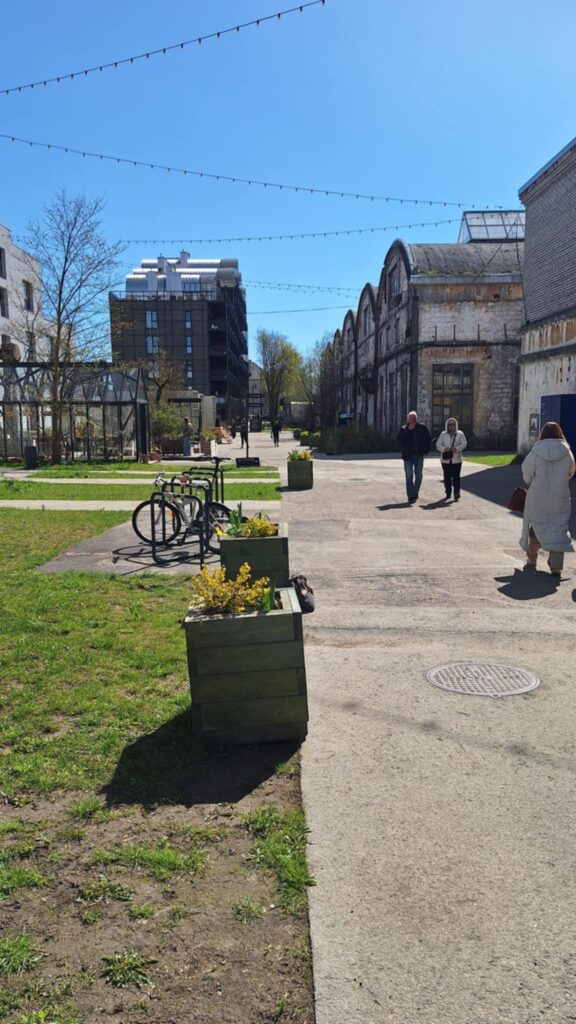
In 1924, another factory was built in Kopli, called “Eesti Kummitööstus” or the Estonian Rubber Factory which produced products like boots, rubber coats, rubber toys, and pacifiers. It was nationalized by the Soviets in the 1940s, renamed “Põhjala Tehas” (Põhjala Factory) and produced the same rubber products as before. By the late 1970s, they employed more than 700 people. It was privatized after re-independence in 1991 and this large collection of run down buildings is presently undergoing a massive renovation effort. The transformation that’s taking place in Põhjala Tehas is representative of the huge transformation that the district of Kopli and Estonia on the whole have undergone since re-independence. Spend some time in this up-and-coming neighbourhood and enjoy the newfound vibe.
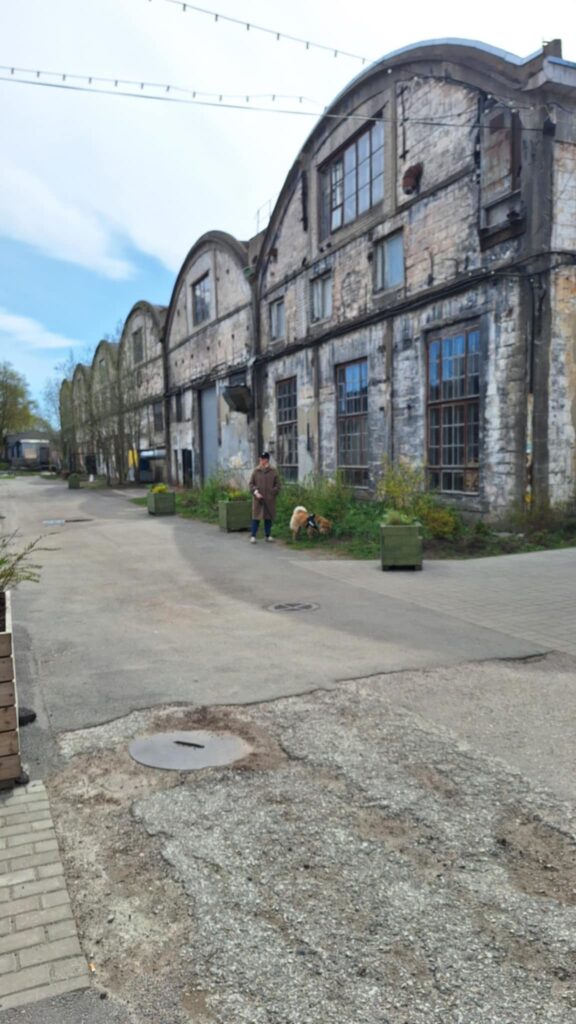
The huge main factory building looks like a plane hangar. It can be rented for private events, and huge parties are held there (see the English events page for details, but note, the Estonian language events page shows many more events).
Estonia’s coolest and wildly popular coffee shop and bakery, Karjase Sai (“Shepard’s Loaf,” as it translates, with 13,000 followers on Instagram) is located there.
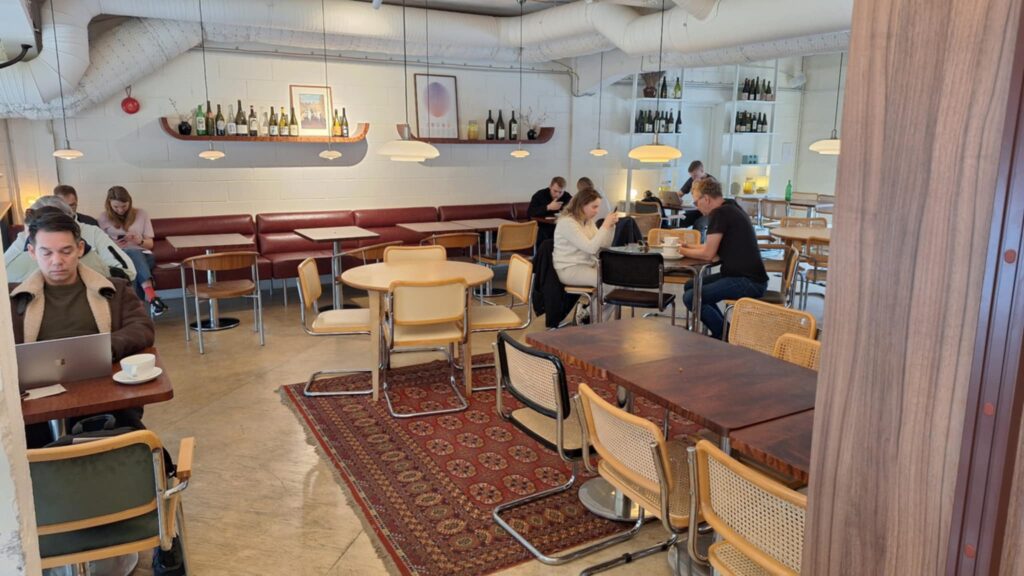
In the evenings, the coffee shop Karjase Sai switches guises (like Clark Kent to Superman) and becomes
the restaurant Barbarea. Michelin, the French restaurant rating agency, has noted this restaurant as being one of the most eco-friendly restaurants in Estonia, as it specializes in organic, raw ingredients from small Estonian farms. Dishes are designed for sharing—think Spanish tapas, or Basque pintxo. The crowd is made up of Millennials and Generation Z (although somehow I was admitted) and the restaurant is buzzing. Reservations are a must.
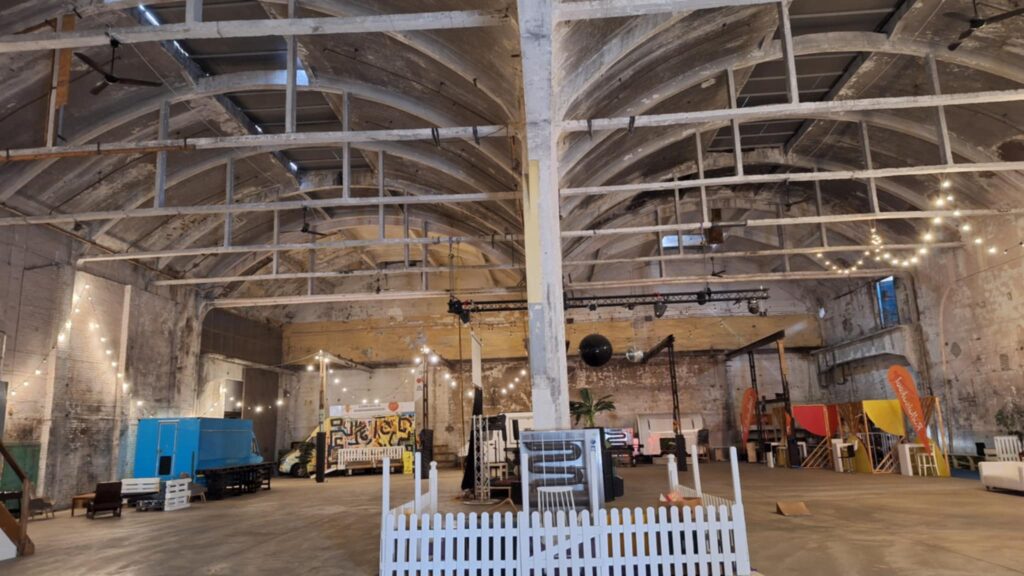
If you are familiar with the gentrified Telliskivi district of Tallinn, Põhjala Factory is similar to Telliskivi ten or 15 years ago. Põhjala Factory is still very industrial and, at times, a bit raw. You are definitely not at Kadriorg Palace.
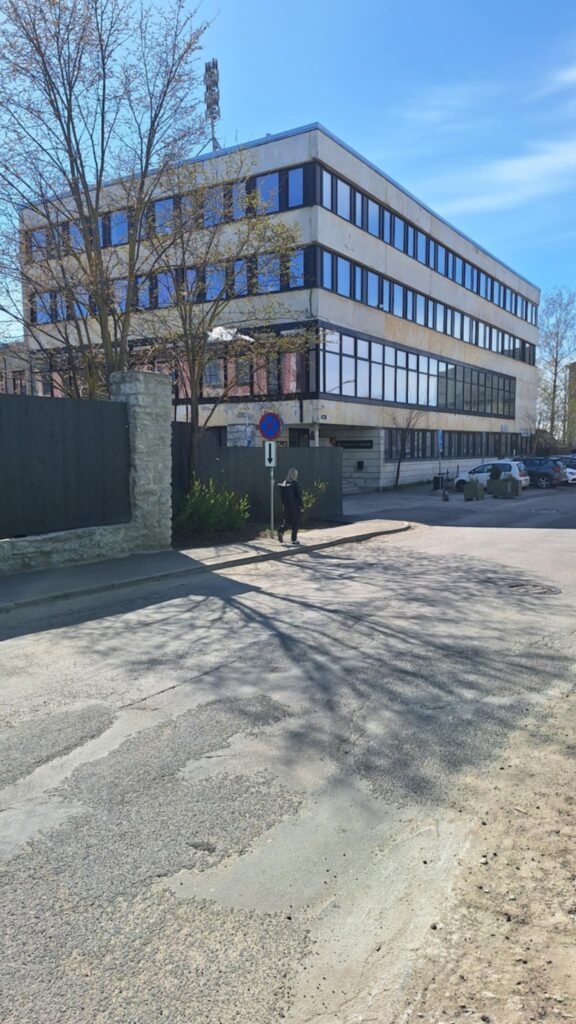
The former head office building was gutted and refurbished, and now,
all of its space is rented out to creatives, from pottery studios to jewellery artisans and cement design boutiques (the latter art form being quite mysterious to this author).
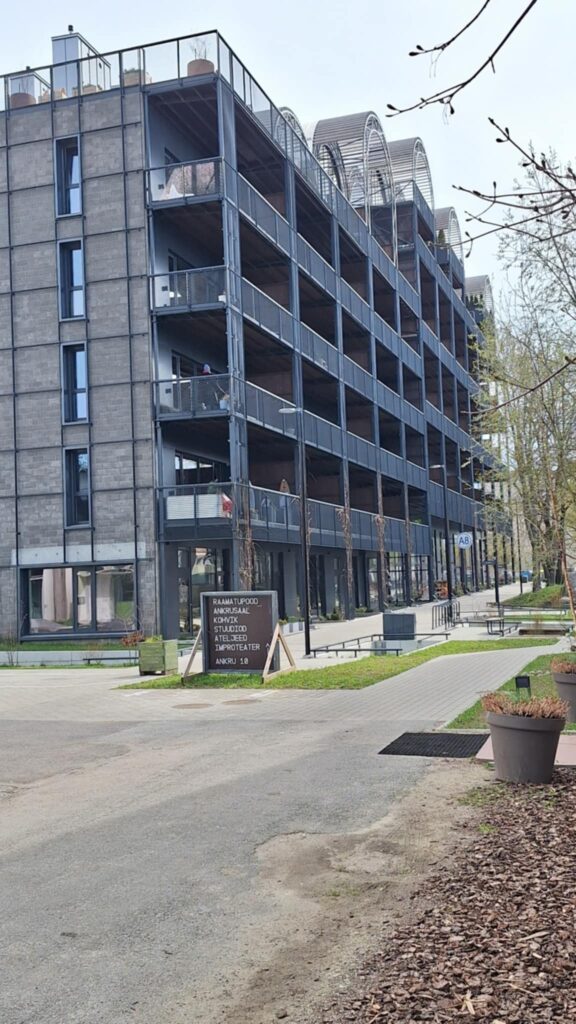
Old Soviet-era apartment blocks have been rebuilt and are now award-winning condos and lofts (located at 8 Ankru Street, Tallinn). It was nominated for the best architectural project in 2024 by the Cultural Endowment of Estonia (Kuultuurikapital).
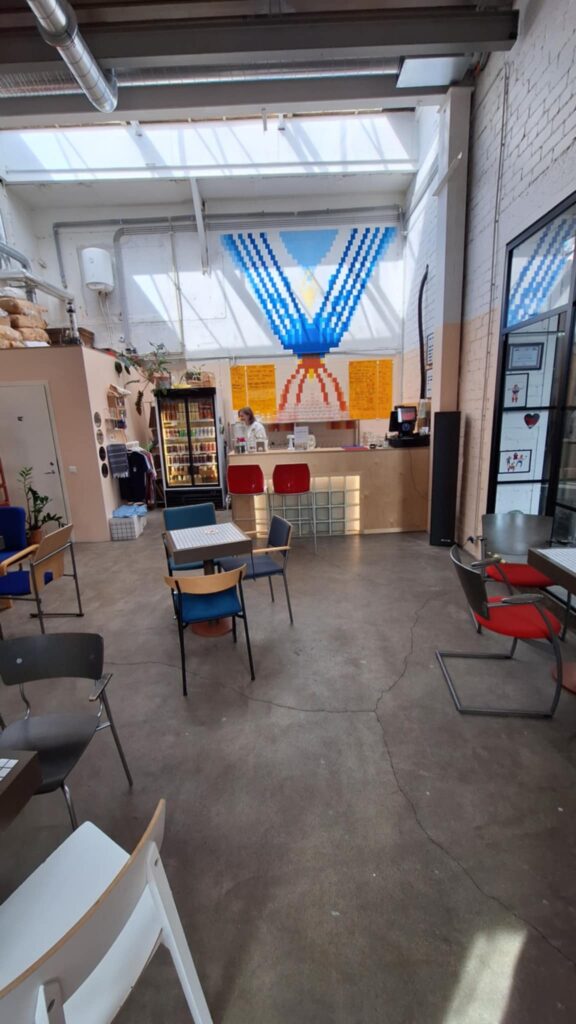
If you prefer craft beer to coffee and rolls, then go to the brewery named “Untapped” at 10 Ankru Street (adjacent to Põhjala Tehas) for a selection of off-the-wall craft beers; for instance, Astelpaju juju—made of buckthorn and mango, 5% alcohol.
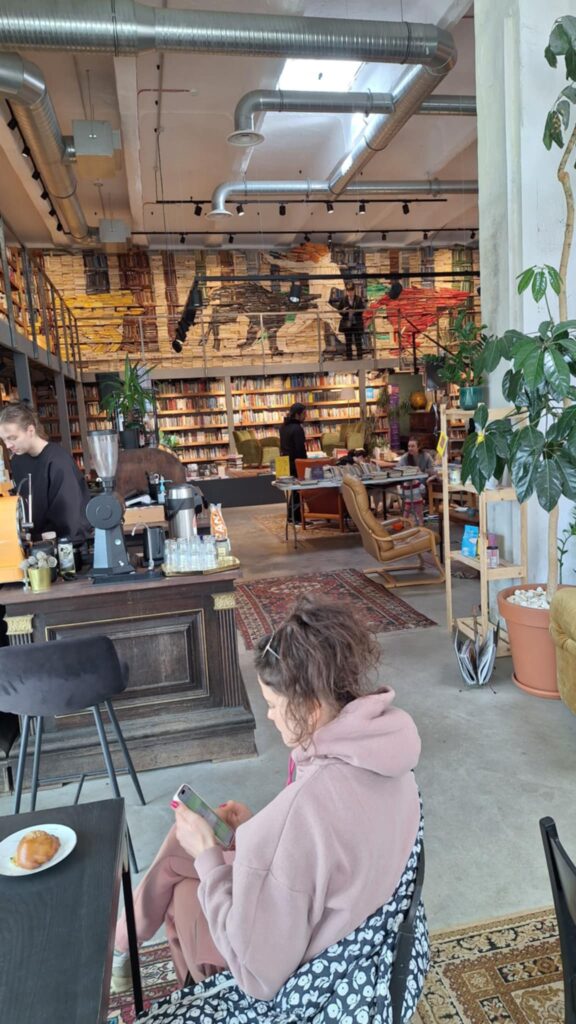
If the walking around has left you exhausted, sit down and enjoy a large used book store called Põhjala Read (10 Ankru Street). When was the last time you listened to a DJ playing laid back music in a used book store? You can experience that on weekends. Or forget about reading and enjoy the rolls (the “Blondies” are to die for), wine, and beer.
To avoid confusion, there is a similarly named bar and brewery called Põhjala Bar and Taproom. Põhjala Factory is a totally different place. But they are located only three or four kilometers apart. Make sure you end up in the Põhjala you want to go to!
Põhjala Factory is easy to get to. Take streetcar number 1, 2, or 5 (in the direction of Kopli) and get off at the stop called Marati. From there, it’s a two to three minute walk west to Põhjala. Alternatively, it’s a ten minute taxi ride from the centre of the city or a fifteen minute scooter ride (download either the Bolt.eu or Tuul app).
Põhjala Factory is a microcosm of the huge rebuilding, change in mindset, and return to Europe that Estonia as a country has carried out. Come and enjoy it on a human scale.

